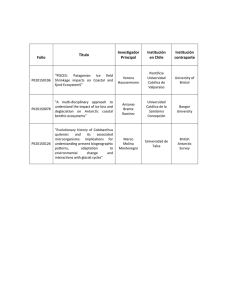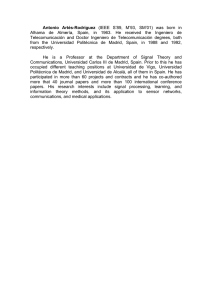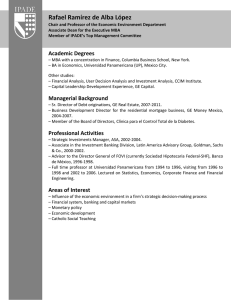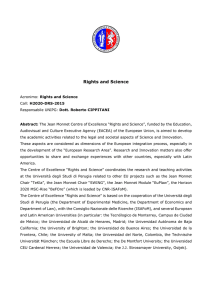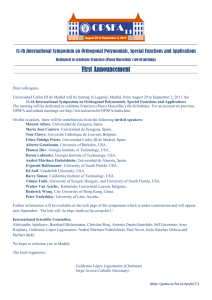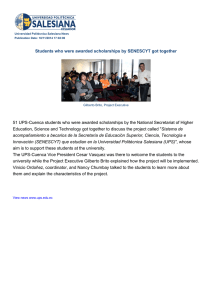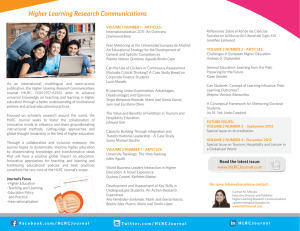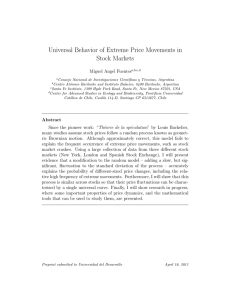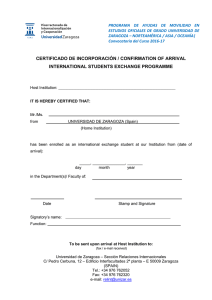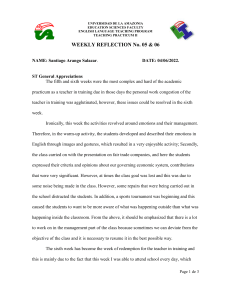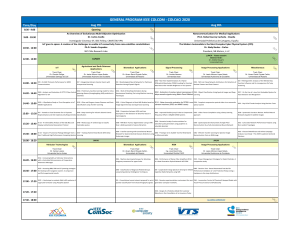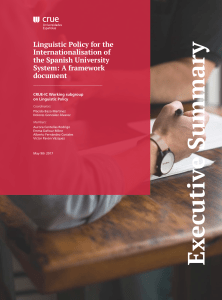Inés Olza Margarita Borreguero, Araceli López Serena
Anuncio
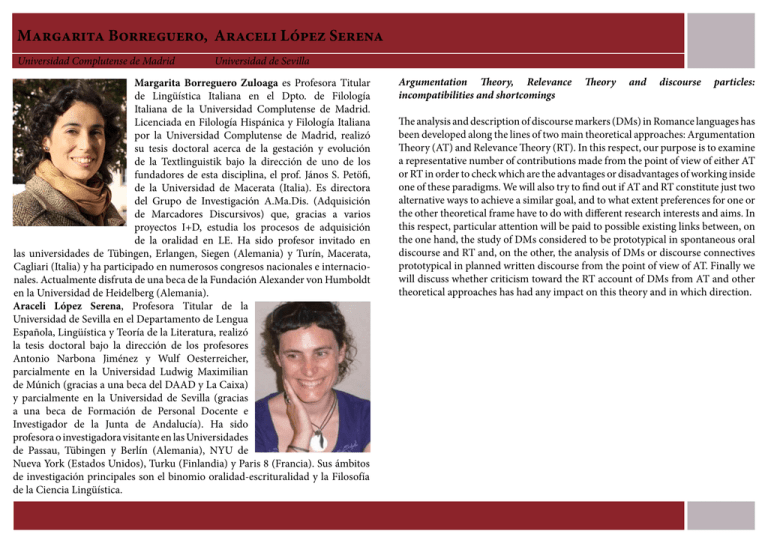
Inés Olza Borreguero, Araceli López Serena Margarita de Navarra de Madrid Universidad Complutense Universidad de Sevilla Margarita Borreguero Zuloaga es Profesora Titular de Lingüística Italiana en el Dpto. de Filología Italiana de la Universidad Complutense de Madrid. Licenciada en Filología Hispánica y Filología Italiana por la Universidad Complutense de Madrid, realizó su tesis doctoral acerca de la gestación y evolución de la Textlinguistik bajo la dirección de uno de los fundadores de esta disciplina, el prof. János S. Petöfi, de la Universidad de Macerata (Italia). Es directora del Grupo de Investigación A.Ma.Dis. (Adquisición de Marcadores Discursivos) que, gracias a varios proyectos I+D, estudia los procesos de adquisición de la oralidad en LE. Ha sido profesor invitado en las universidades de Tübingen, Erlangen, Siegen (Alemania) y Turín, Macerata, Cagliari (Italia) y ha participado en numerosos congresos nacionales e internacionales. Actualmente disfruta de una beca de la Fundación Alexander von Humboldt en la Universidad de Heidelberg (Alemania). Araceli López Serena, Profesora Titular de la Universidad de Sevilla en el Departamento de Lengua Española, Lingüística y Teoría de la Literatura, realizó la tesis doctoral bajo la dirección de los profesores Antonio Narbona Jiménez y Wulf Oesterreicher, parcialmente en la Universidad Ludwig Maximilian de Múnich (gracias a una beca del DAAD y La Caixa) y parcialmente en la Universidad de Sevilla (gracias a una beca de Formación de Personal Docente e Investigador de la Junta de Andalucía). Ha sido profesora o investigadora visitante en las Universidades de Passau, Tübingen y Berlín (Alemania), NYU de Nueva York (Estados Unidos), Turku (Finlandia) y Paris 8 (Francia). Sus ámbitos de investigación principales son el binomio oralidad-escrituralidad y la Filosofía de la Ciencia Lingüística. Argumentation Theory, Relevance incompatibilities and shortcomings Theory and discourse particles: The analysis and description of discourse markers (DMs) in Romance languages has been developed along the lines of two main theoretical approaches: Argumentation Theory (AT) and Relevance Theory (RT). In this respect, our purpose is to examine a representative number of contributions made from the point of view of either AT or RT in order to check which are the advantages or disadvantages of working inside one of these paradigms. We will also try to find out if AT and RT constitute just two alternative ways to achieve a similar goal, and to what extent preferences for one or the other theoretical frame have to do with different research interests and aims. In this respect, particular attention will be paid to possible existing links between, on the one hand, the study of DMs considered to be prototypical in spontaneous oral discourse and RT and, on the other, the analysis of DMs or discourse connectives prototypical in planned written discourse from the point of view of AT. Finally we will discuss whether criticism toward the RT account of DMs from AT and other theoretical approaches has had any impact on this theory and in which direction.
